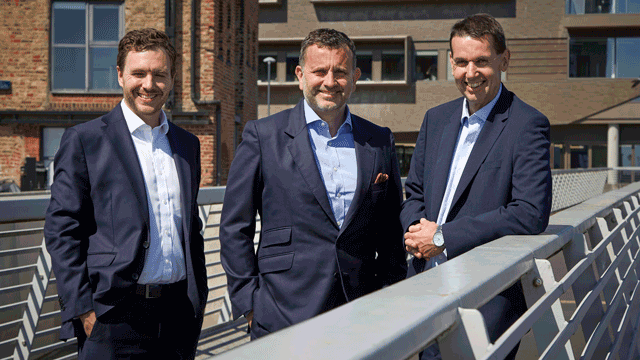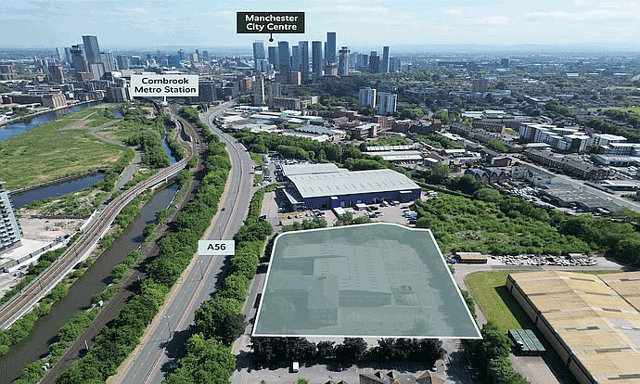EDITOR’S COMMENT In September, after 17 years in the role, Mark Preston will step down as chief executive of Grosvenor. He will continue in his role as executive trustee, advising the Grosvenor family, and hand over his executive seat to James Raynor, chief executive of the group’s UK property business.
Over more than three decades in the company, working in the UK, US and Asia, Mark has seen highs and lows in the real estate market and Grosvenor’s own fortunes. So when I had the chance to pick his brains about the group’s latest annual results this week, I wanted to look further back than just the past 12 months. I asked him for his reflections on his years as chief executive and his learnings about the property market and running a business like Grosvenor.
The first came early – he became chief executive in 2008 as the Lehman Brothers crisis unfolded and the global financial crisis worsened. As the new CEO, he put in place an even greater focus on cash flow and initiated more stringent stress-testing of the balance sheet.
“I had mixed feelings about taking over at that time for obvious reasons,” Mark said. “On the one hand, it was a bit of a nightmare, frankly. On the other hand, my predecessor Jeremy Newsum had done a superbly brilliant job. The risk for me was that he would hand over this perfectly wrapped gift with a nice ribbon on top and I’d be thinking, ‘what on earth do I do with that?’ It was so perfectly run, how do I take it forward?
“It propelled me to have to take action and put my own stamp on the role quite quickly but it was a bit of a roller coaster.”
Next, the big retail development that has bookended his tenure. The Liverpool One shopping centre was just completing when Mark became chief executive, and Grosvenor was nursing “a significant development loss” on the project.
“I’d already become rather negative on big retail,” Mark says now. “That really marked the end of a period when Grosvenor was quite heavily involved in shopping centres… We had a large shopping centre portfolio, and in the early years of my period, I was in the business of disposing of all of those. Liverpool One, right at the end of my tenure, is the last significant one of those big retail assets that we’ve sold [to Landsec].”
There have been corporate changes too, with Mark highlighting two that he thinks will define his time leading the group.
One was to set up Grosvenor’s indirect property investment division, today known as Grosvenor Diversified Property Investments. The move allowed the group to slim down from having operating businesses in the UK, North America, Europe, Asia and Australia to retaining only the first two of those. All other investment is now made via GDPI.
“I took the view that we had too many direct businesses with quite expensive infrastructure tying us to particular markets and not giving us the agility to move in between sectors and markets in the way I would have liked us to be able to,” Mark said.
“[GDPI] has given us exposure to everything from Australian medical to Brazilian student housing to Polish logistics. It’s done a lot for us in terms of diversification.”
As has the group’s continued focus on partnerships, a staple of the strategy since it struck a tie-up with the BBC Pension Trust in the 1970s. Mark shuttered Grosvenor’s fund management business as fee margins narrowed and consolidation swept the industry. But the partnerships continue, and the chief executive believes turning away from fund management allowed the company to focus once more on what it wanted to invest its own capital in.
“We wanted other people to come along with us and enjoy the journey, if they were attracted to what we were doing,” he said. “But it should be driven by what we wanted to achieve, and then we would attract fellow travellers.”
A solid stance from a leader who has been forging his own path since being plunged into the GFC almost two decades ago. Now it’s James Raynor’s turn to take that “perfectly wrapped gift” forward in the next chapter.
Image © Colin Miller
Send feedback to Tim Burke
Follow Estates Gazette











